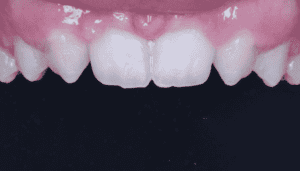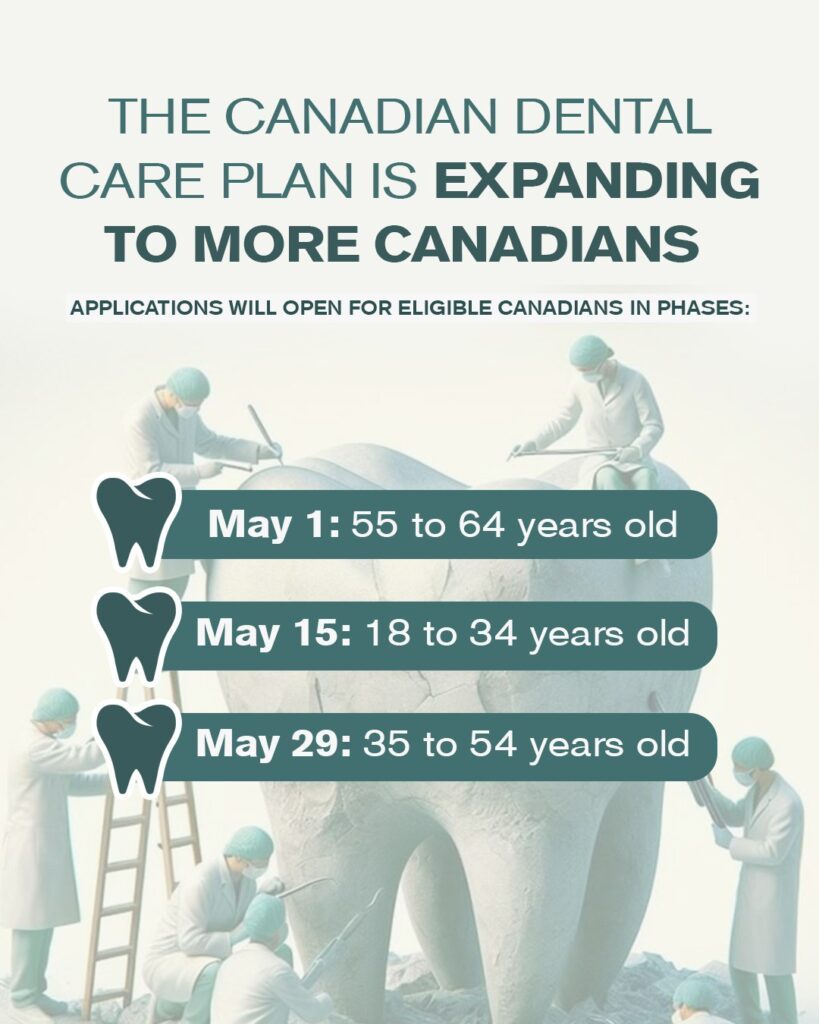Understanding the Causes of Short Teeth (microdontia )
Short teeth, a condition that affects many individuals, can have significant impacts on self-confidence, speech, and eating. This issue may result from genetic factors or develop due to wear and tear on the teeth. Identifying the underlying cause of short teeth is essential to address the root problem effectively. Once the cause is determined, modern dental treatments can be employed to restore both the appearance and functionality of your smile.

Genetic Causes – Microdontia
For some people, having short teeth is not merely a cosmetic concern; their teeth may also be smaller overall, resembling baby teeth rather than adult ones. This condition is known as microdontia and is often linked to genetic factors.
Microdontia can manifest in three distinct forms:
- Truly Generalized Microdontia: In this rare type, all of a person’s teeth are abnormally small. It can be associated with conditions like dwarfism, Down’s syndrome, or exposure to chemotherapy or radiation during tooth development.
- Relatively Generalized Microdontia: In this scenario, a person’s teeth are not actually small, but they appear smaller than usual due to the larger size of their jaw.
- Localized Microdontia: The most common form, localized microdontia, involves only one tooth being small, often an upper lateral incisor or third molar.
Short Teeth Due to Wear and Tear
In many cases, short teeth develop gradually over time, and several factors can contribute to this condition, including:
Erosive Wear: Teeth can undergo erosive wear when regularly exposed to acidic substances. This can be either intrinsic or extrinsic. Intrinsic erosive tooth wear results from prolonged exposure to gastric acids, often due to conditions like gastroesophageal reflux disorder (GERD) or excessive vomiting, as seen in alcoholism, bulimia, or during pregnancy. Extrinsic erosive wear, on the other hand, occurs due to external factors such as frequent consumption of acidic beverages like soda.
Abrasive Wear: Abrasive wear occurs when teeth are subjected to physical pressure. A common cause is bruxism, a condition characterized by unconscious teeth grinding or clenching, frequently occurring during sleep. Bruxism can be associated with other sleep disorders like sleep apnea. Misaligned teeth can also contribute to uneven bite forces during chewing, accelerating the wear of specific teeth and making them shorter than surrounding teeth.
Treatment Options for Short Teeth
If you’re dissatisfied with your smile due to short or small teeth, numerous treatment options are available, including:
Addressing the Root Cause: It’s crucial to treat the underlying cause of small teeth alongside cosmetic enhancements. If genetic microdontia is the culprit, it may be linked to a hereditary health condition. In such cases, seeking treatment from a physician in addition to working with a dentist is typically necessary. When wear and tear are responsible for short teeth, addressing the root issue can prevent further damage to restorations and maintain your new smile. Treatment options may include orthodontics for misaligned bites, wearing a night guard for bruxism, or dietary modifications.
Porcelain Veneers: Porcelain veneers offer a durable and natural-looking solution for restoring short teeth. These thin ceramic shells are affixed to the front of your teeth, adding length and creating a natural appearance. With the aid of Digital Smile Design, you can preview your new smile before starting the veneer process.
Composite Bonding: Dental bonding is an alternative that can enhance the appearance of your teeth by adding length. Composite veneers are more conservative in preserving tooth structure and take less time to create than porcelain veneers. However, they are not as durable. Your dentist can assist you in determining which material is better suited to your specific needs.
By understanding the causes of short teeth and exploring these treatment options, you can take proactive steps to regain your confidence and enjoy the benefits of a revitalized smile.

